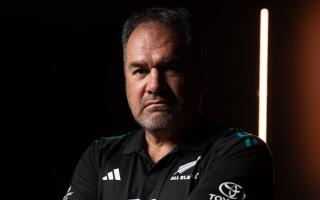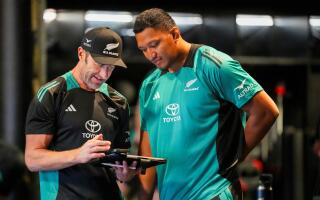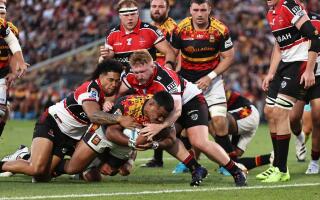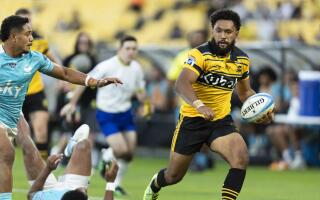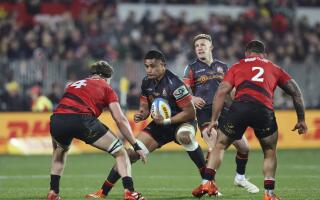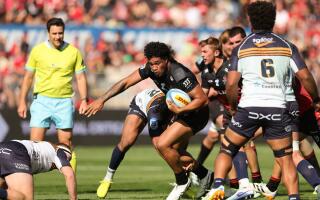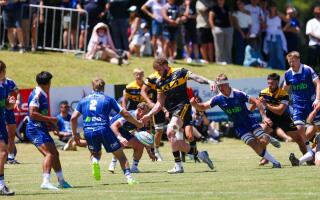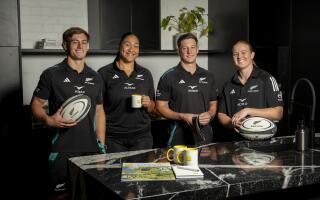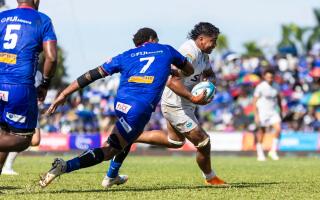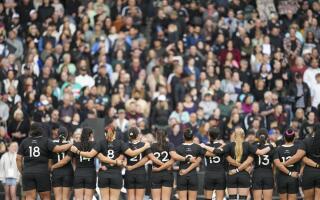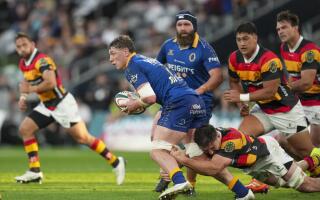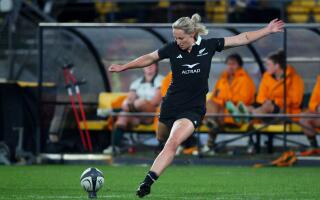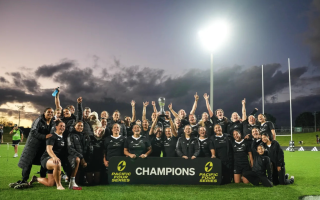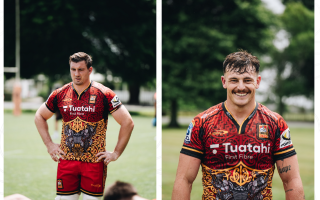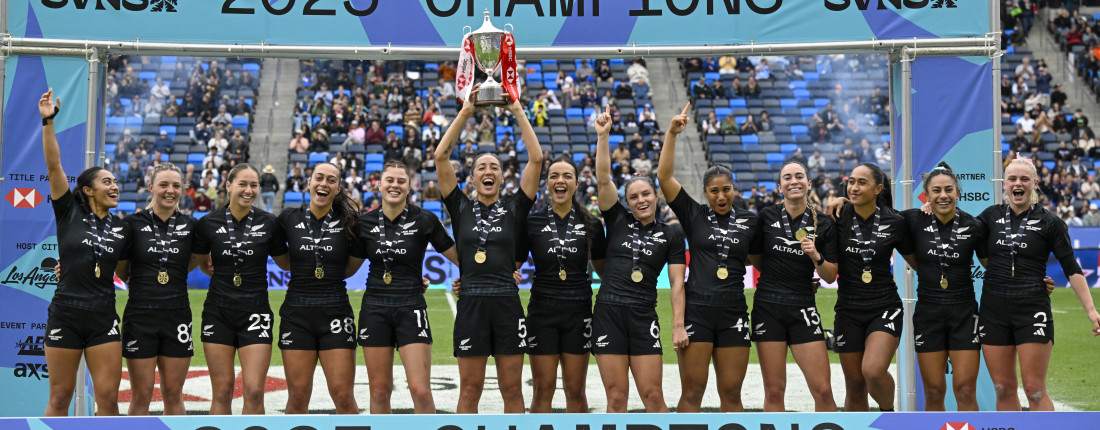
The Black Ferns Sevens claimed their fifth tournament win of the 2024/25 season, while the All Blacks Sevens also landed on the podium with a third-place finish.
The Black Ferns Sevens are the undisputed queens of the circuit, storming to their first World Championship title to go with the league championship they secured in April in Singapore.
The numbers speak volumes about their dominance: in the 2024/25 season, they won 35 of 37 games, including their last 21 in a row. Cup titles were claimed in Cape Town, Vancouver, Hong Kong, Singapore, and now Los Angeles — each more convincing than the last.
This weekend, the Black Ferns Sevens outscored opponents by 33 tries to six. In the final, they dispatched Australia 31–7 — the same scoreline as in the Singapore decider.
New Zealand’s defence was as effective as it was opportunistic. Sariah Paki looked to have evaded Risi Pouri-Lane, but an ankle tap from the latter allowed Brake to jackal the ball and later score from the ensuing overlap.
Australia briefly threatened when McKenzie Davis shut down Brake twice and then went on a 70-metre run to cut the deficit to 12–7.
But the Black Ferns Sevens — now 42–11 in SVNS finals (20–9 vs Australia) — showed no signs of panic.
Brake eventually found space away from Davis. Ruby Nicholas retreated bravely, but Miller was in support and Pouri-Lane finished the move.
Fittingly, captain Sarah Hirini put the final stamp on the win. After forcing a turnover, she offloaded in traffic to create a break for Mahina Paul and later crossed unmarked on the wing. It prompted a rare show of emotion from the usually stoic Hirini.
“I don’t show too much emotion,” she said. “Man, that feels good.”
Miller, named Player of the Final, is a nominee for World Rugby Sevens Player of the Year. She scored 29 tries across seven tournaments this season, while Pouri-Lane led all players with 326 points.
The semifinal saw the Black Ferns brush aside hosts USA 34–7, with Brake scoring a hat-trick to erase memories of their stumble at the same stage last year.
Pool play was clinical, extending their unbeaten records against Japan (20–0), Great Britain (12–0), and improving to 39 wins and a draw from 42 games against Canada.
While questions remain about the depth of competition — particularly as the SVNS series reduces in size next season — the Black Ferns Sevens continue to evolve. One tactical shift is a greater use of kicking to counter rush defences. Even flanker Hirini chipped in with deft grubbers. Their work over the ball was also the best it’s been all season — Aussie talisman Maddison Levi was barely sighted in the final.
Young players Maia Davis and Justine McGregor, fierce school rivals from Manakura and St Mary’s College respectively, earned increased minutes. While Jaymie Kolose also debuted for the side.
Kelsey Teneti added power and consistency out wide. Jazmin Felix-Hotham surpassed 50 SVNS tries, and Michaela Brake — the all-time leading try-scorer with 287 — is now just seven points behind Tyla King’s all-time SVNS points record of 1,448.
The Black Ferns Sevens have now won 349 of 387 SVNS matches.
All Blacks Sevens Recap
The All Blacks Sevens defied their league ranking of seventh to finish third in Los Angeles, earning their first podium of the season.
They reached their first Cup semifinal since Dubai in December but were overpowered 26–5 by eventual champions South Africa. Shilton van Wyk opened the scoring by volleying a loose pass at halfway and outrunning the chasers.
South African captain Zain Davids, playing his 53rd tournament, displayed his full skillset to unlock the Kiwi defence twice as the Blitzboks stormed to a 21–0 halftime lead.
Akuila Rokolisoa, returning for the first time since Vancouver, rekindled the All Blacks Sevens attack. He set up Frank Vaenuku for a try, closing the gap to 21–5, but it was too little, too late.
Rokolisoa was sensational in the 38–17 third-place playoff demolition of Argentina. In sync with fellow playmaker Ngarohi McGarvey-Black — who scored 21 points — Rokolisoa produced a solo try that featured a glide, fend, step, stumble, and stretch. Even a red card that reduced New Zealand to five men early in the second half didn’t halt momentum, despite the margin narrowing from 24–5 to a converted try.
In pool play, the All Blacks Sevens snapped a five-game losing streak against Fiji, rallying from 12–0 down to win 17–12 with a last-play try from Sofai Maka.
With Spain and Australia both winning a game each, a Trans-Tasman showdown decided Pool B. New Zealand triumphed 21–19 in an extra-time classic after Brady Rush held up a would-be match-winner three minutes into golden point — and another three-minute TMO review sealed the win.
Australia had the first 36 passes; New Zealand had just two, but Regan Ware scored. Vaenuku added another. Though Australia rallied and tied the game with a penalty try, Rush burst 40 metres to score the clincher. The All Blacks Sevens, despite only having a quarter of possession, showed composure and resolve.
